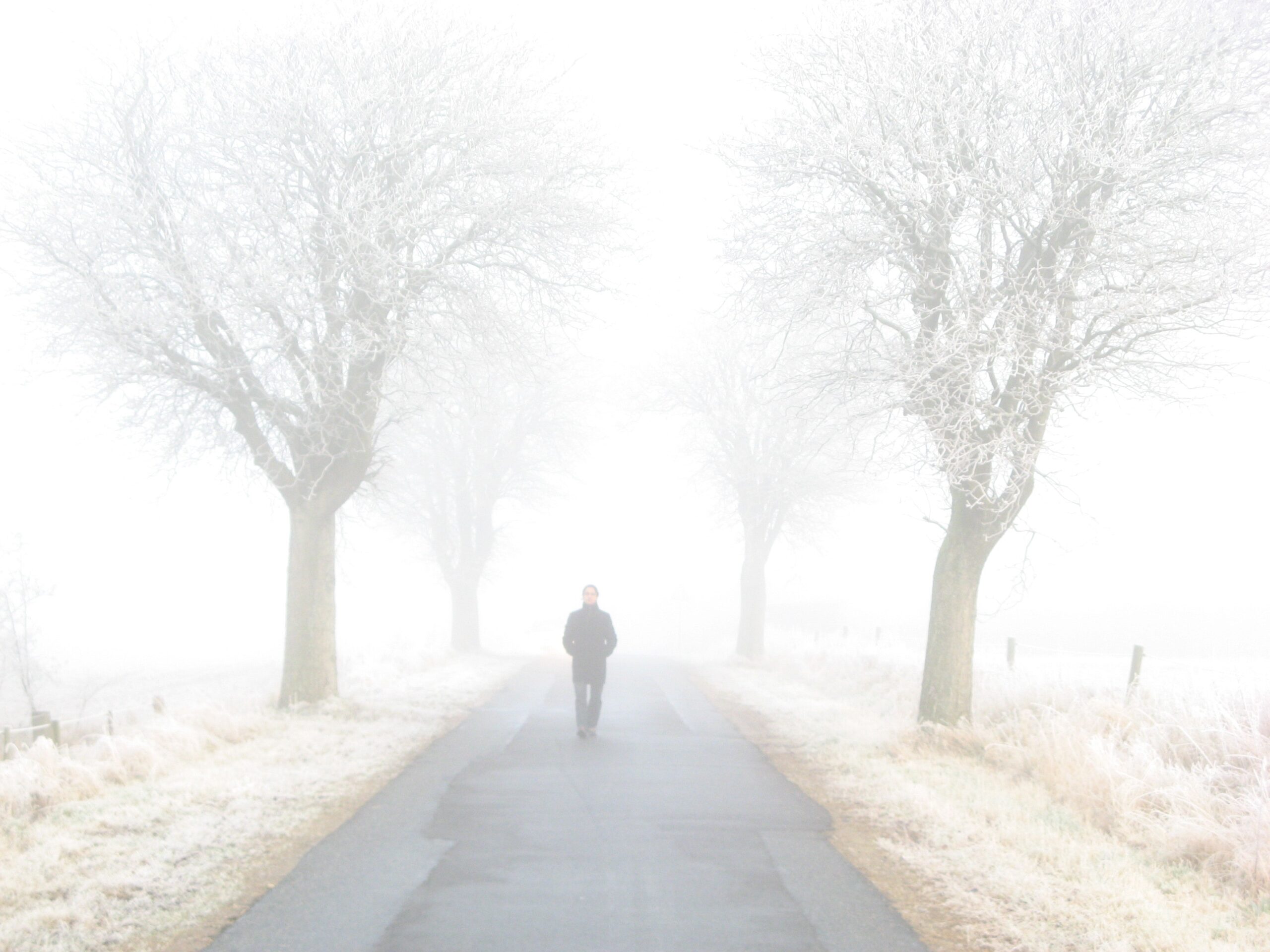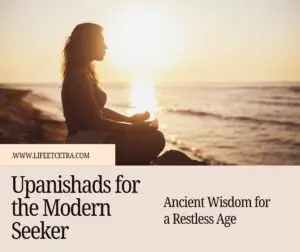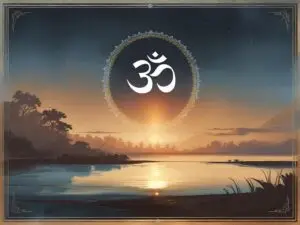Author: Jintu Hazarika, Asstt Professor, English Dept, B Borooah College, Guwahati, Assam, India
Recreating the memories of a missing winter, I discover the misty Dibrugarh nights, the mellow sun at Bogibeel, the nippy afternoons, the lost way home on the foggy mornings, evening bonfires, a yellow river by the Beel and many more enduring moments.
Change is inevitable; nevertheless, some changes tend to be daunting. More than the changes, what remains enduring for me, is the word, ‘story’. Indeed, everything becomes a part of a story in the wink of an eye. Even if people forget a story, the story tends to remain in the heart of another story. It’s been six years since I started staying at my first rented home at Lankeswar in the western part of the city. At that point in time, I was pursuing my M Phil at Guwahati University. From the experiences of the last few years, I get to see, winter ‘comes dropping slow’ to this city like that of the lake isle of Innisfree.
Beauty lies in the way winter makes its entry and departs from the city, beyond doubt. Winter is supposed to be the best season to enjoy the panoramic views of the Brahmaputra and the mountain ranges. However, since the broad daylight down to the Masala tea, pork stick, Commercial Expo, Hot Pot Momos, river festivals etc. and so on, I’m still in search of a winter, a missing winter, maybe I have left it either in some untrodden woods or on the bank of a yellow river a few years back, maybe I’m still carrying it with me, being oblivious to the passage of time. And I’m choked with the thought that I have been missing this for the last few years.
When the current of the Burhidehing slowed down during winter, we used to keep Hukumas under two to six feet deep water. (A Hukuma is a traditional fish-catching device in Assam that resembles Khuka, another traditional fishing gear.) We built Hukuma out of a single piece of bamboo, giving it a funnel shape, and then stitched it intermittently with thick bamboo splits in order to provide inflexibility. Crossing a paddy field of wet rice stacks, we went to check Hukumas in the river after a period of one or two days. The journey from my home to the river across a paddy field of wet rice stacks is still hypnotizing in my consciousness. If I were a decent painter, I would probably have drawn it with minute details, I believe!
The big fields of yellow mustard, green gram, and black gram beside the Beel are now a plethora of nostalgias and have almost become a ‘hiraeth’. (‘Hiraeth’ is originally a Welsh word that implies a deep and nostalgic longing for something, someone, or somewhere which can never be revisited in the same way.) In my place since the disastrous flood didn’t let the people grow rice in the comparatively lower lands almost every year, they didn’t simply give up; instead, readied themselves for either mustard or green gram and black gram cultivation on the flood-prone lands by the Beel called Bhogamur.
I can still visualize the big mustard field -right from the vivid green mustard plants to the breath-taking beauty of the yellow-coloured petals of mustard flowers- shivering in the wind like a yellow river. Not only that. Alongside the yellow river, we sometimes had to perform our daylong duties to protect the crops from the animals and birds. Similarly, sitting on a chair in the backyard and going through the pages of a novel of my personal favourite were some other memorable scenes of winter. Sometimes, it so happened that along with the book and chair, I reached the vegetable garden soaking up the warm sunlight of the setting sun. And all those happened only in the last decade!
It is all about how time flies like Prospero’s Ariel in Shakespeare’s The Tempest, while, in turn, memories last through the passage of time and float with the current of water. The world almost turned upside down after the onslaughts of the ominous virus two years back. I still get scared about the frozen tip of my nose on a wintry morning. In the afternoon, when the sun casts a gentle glow on the water of the Lauhitya at Umananda, I recall a missing winter. In the midst of scrolling through the old photos in the gallery, I suddenly stop for a moment and fix my eyes on one of the old snaps, moving beyond the periphery of the present.



